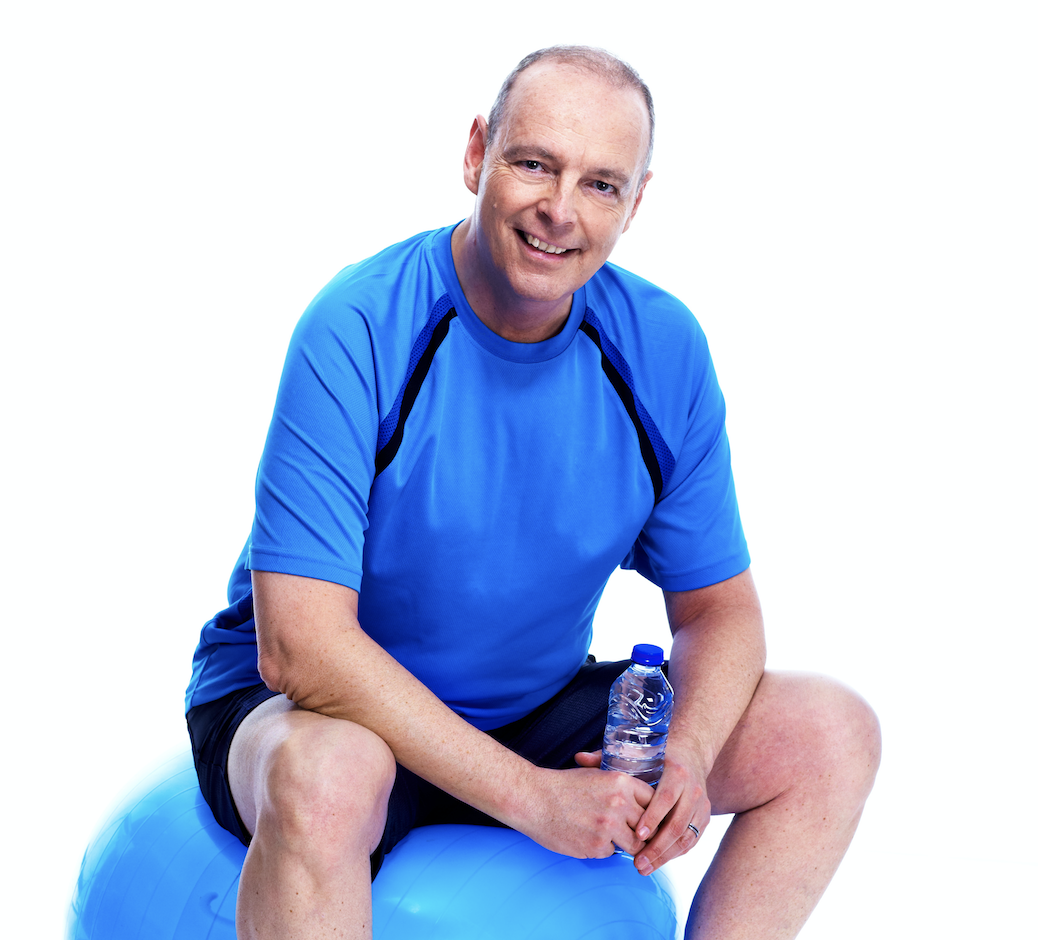Counter to advice in a recent Reader’s Digest article, the Australian Physiotherapy Association (APA) advises that exercise programs should be based on individual ability and needs, rather than age.
APA National President Phil Calvert stated that exercise limitations based on age are contrary to the best available evidence and urged Reader’s Digest to retract their article titled ‘14 Exercises to Never Do After Age 50.’
“Our role is to guide the community to adopt evidence-informed choices that will optimise their health and quality of life. This includes highlighting information that is contrary to current evidence.”
Last month the APA hosted a debate titled “Does ageism influence how we prescribe exercise to older adults?” Physiotherapist Meg Lowry, chair of the Queensland Gerontology committee for the APA highlighted the prevalence of ageism in our community.
Lowry says:
“It is important that we recognise we all have the potential to make inaccurate assumptions about what is and is not appropriate for a person’s age. But there is a strong body of evidence to suggest that heavy strength training, challenging balance exercises and high intensity interval training (HIIT) are in fact advantageous for many older adults.”
“In some cases, 80 year olds can be capable of more than the average 40 year old, including heavy gym-based exercise. It’s our role as physiotherapists to treat every person as an individual, based on their needs rather than age.”
“To suggest that a leg press or a loaded squat is unsuitable for a person over 50 actually steers them away from the very exercises that are scientifically proven to benefit their mood, metabolism, brain health, bone density, and many other health factors. Recent research has demonstrated that leg press exercises can reduce the risk of falls and sparked a call for greater investment in physiotherapy and quality resistance training machines within residential aged care.”
“Not everybody who walks in off the street is ready for squats with a heavy barbell on their shoulders. We don’t need to start with those exercises day one, but they should never be taken off the menu based on somebody’s age.”
Dr Christian Barton, a post-doctoral researcher at La Trobe University, currently leads a research program to provide physiotherapy led exercise, including strength training, for Australians with osteoarthritis.
“Exercise is the most evidence-based treatment for people with osteoarthritis, and in many cases can allow them to avoid surgery and reduce the need for pain killers. But, it must be progressed to ensure people get stronger. The article in Readers Digest sends the wrong message.”



